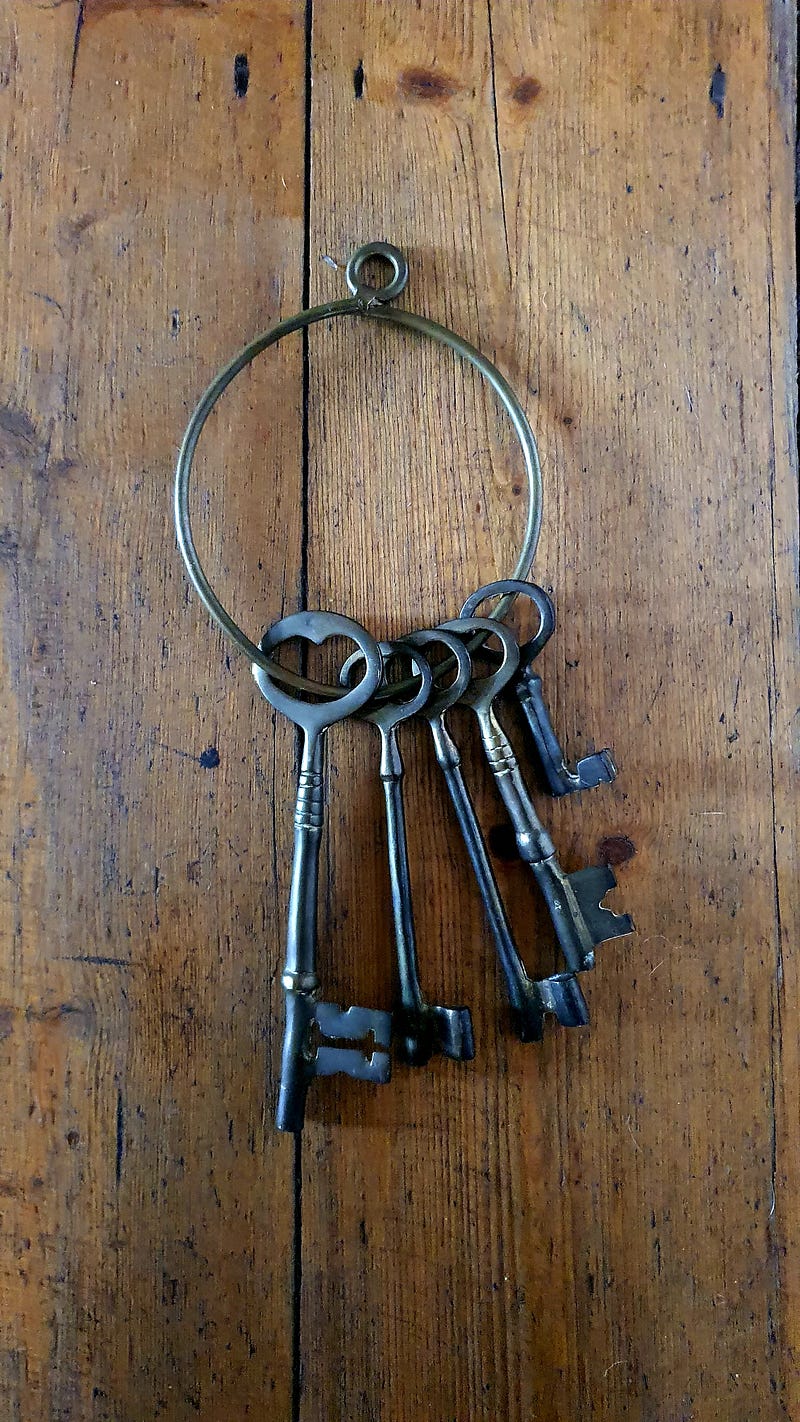So What’s So Important About Your OpenSSH Keys?

So What’s So Important About Your OpenSSH Keys?
If it wasn’t for public key encryption the Internet would be an almost untrusted place. Basically, it secures the key generation for the creation of a secure tunnel (with ECDH), it checks the identity of the Web sites we connect to (using RSA and ECDSA signatures), and it allows us to digitally sign things for our identity.
In Figure 1, we see that Bob wants to log into Alice’s server. For this, he generates an OpenSSH key pair and puts his public key onto the server. When he wants to log in, he initiates an SSH connection. Alice then sends back a message, which he signs with his private key, and sends it to Alice. Alice then checks the signature with Bob’s public key. If the signature is correct, Bob will be able to log in. We can set up restrictions on the public key, such as locking it down to a given range of IP addresses.

The main signatures are RSA, Ed25519, DSA and ECDSA, but DSA is now not recommended. We generate Ed25519 with:
$ ssh-keygen -t ed25519 -C "[email protected]"and for 4K RSA with:
$ ssh-keygen -t -b 4096 rsa -C "[email protected]"and for ECDSA with:
$ ssh-keygen -t -b 256 ecdsa -C "[email protected]"The system then puts the private key into the default folder (~/.ssh):
% cd ~/.ssh
.ssh % ls
config id_ecdsa.pub id_rsa.pub known_hosts.old
id_ecdsa id_rsa known_hosts ssh_config
.ssh %The private key files can be id_rsa, id_ecdsa, id_ecdsa_sk, id_ed25519, or id_ed25519_sk, and with an associated public key with the .pub extension. An intruder may thus search for these files on a system in order to reveal the secret logins. You will find your public key in ~/.ssh or in Windows in c:\users\<username>\.ssh:
C:\Users\Administrator\.ssh>dir
Volume in drive C has no label.
Volume Serial Number is 06E5-D224
Directory of C:\Users\Administrator\.ssh
12/27/2022 01:51 PM <DIR> .
12/27/2022 01:51 PM <DIR> ..
12/27/2022 01:46 PM 1,679 id_rsa
12/27/2022 01:46 PM 407 id_rsa.pub
12/27/2022 01:51 PM 656 known_hosts
12/27/2022 01:40 PM 393 known_hosts.oldThe private key is typically in a PEM format, such as:
-----BEGIN PRIVATE KEY-----
MIIB1QIBADANBgkqhkiG9w0BAQEFAASCAb8wggG7AgEAAl0DH3YqFv4mzt67RAAm
KqZSY32GtoUqkLXzSJOIew2ofiKx3ojdJvL69pXZLKNoKkKb8RQKyWdhAIkbTEFX
3k8mroXea5NMfB9NAH0AASQ6uoK5XYs7mMubQgu1dhcCAwEAAQJdAjrb+LAUaQe8
+cFTze0UeK48Ow5nxn4wvniriIA9v3vaMGJ0Hl6qkFO1qq76O+uvSehxPHnzBrfs
SXkQ8nScyeGpoTpn0DCnMnFRiY1hAMy6SqVdC4t7UP9u6oCBAi8B+POU6nCyUOnL
FlPVGFoBxSoxC7q7tJytq+xaPfGBN63AT3sdnXm06YAH1uE/1wIvAZVPf+1sDjIP
c4hFNPzIPh/x1M3qDN9eBr6tdPwymuPmpQ1lik/b9ZpMfXGns8ECLwDTVfcci+BF
tyP1i06jq4AUKg1u8E+BTxXs37YBOOOxDvpvCYMiln6eP6SITavvAi8A6n71d8rl
p6by4+uOjZXZA6hpw7zfN7hx1I4MugEZRjPiWI7f5/ZN8bjBdylcwQIvAQp1f9vQ
S+P5ktRlO7vEm10LtKotJ85Rp+le7PX56re+nntKVZFsliKW0yPmWJE=
-----END PRIVATE KEY-----and the associated OpenSSH public key is [here]:
ssh-rsa AAAAB3NzaC1yc2EAAAADAQABAAAAQQDPEHI1zmQKtU68e7s2o0
B7DNTK9DGbo8052VGxJl/gtnoGt+pCZNjMgGMaBfKrIOStBcCRPkJJrtxonPEypLxZFor Ed25519, an example of the public key is [here]:
ssh-ed25519 AAAAC3NzaC1lZDI1NTE5AAAAIG6IfyaPjFZKP5gS+VshYyGjb
tqtmuEsuZjftVUJORjm
and for ECDSA we can use the curves of SECP256R1 (256-bit private key, but with 128-bit equivalent security), SECP384R1 (384 bit private key), and SECP521R1 (521-bit security key, and 256-bit equivalent security) [here]:
ecdsa-sha2-nistp256 AAAAE2VjZHNhLXNoYTItbmlzdHAyNTYAAAAIbmlzdH
AyNTYAAABBBIM+RxYODWoa0aLzi8tbkbjtYSUm27399iPaZYruuqPM0r8RGWQL
0W6tRQd0s9s3Lc2XPTpy6HKkz+t7x/F4Ym0=These public keys are loaded onto the server, and then restrictions are then set on the usage of the public key. This can lock down the IP address of the hosts that can log in.
Conclusions
If you use GitHub, you will probably know how powerful these keys are, and how important they are for your security … so protect your private keys. If you allow them to be copied, someone could get access to all of your cloud instances and your private GitHubs!